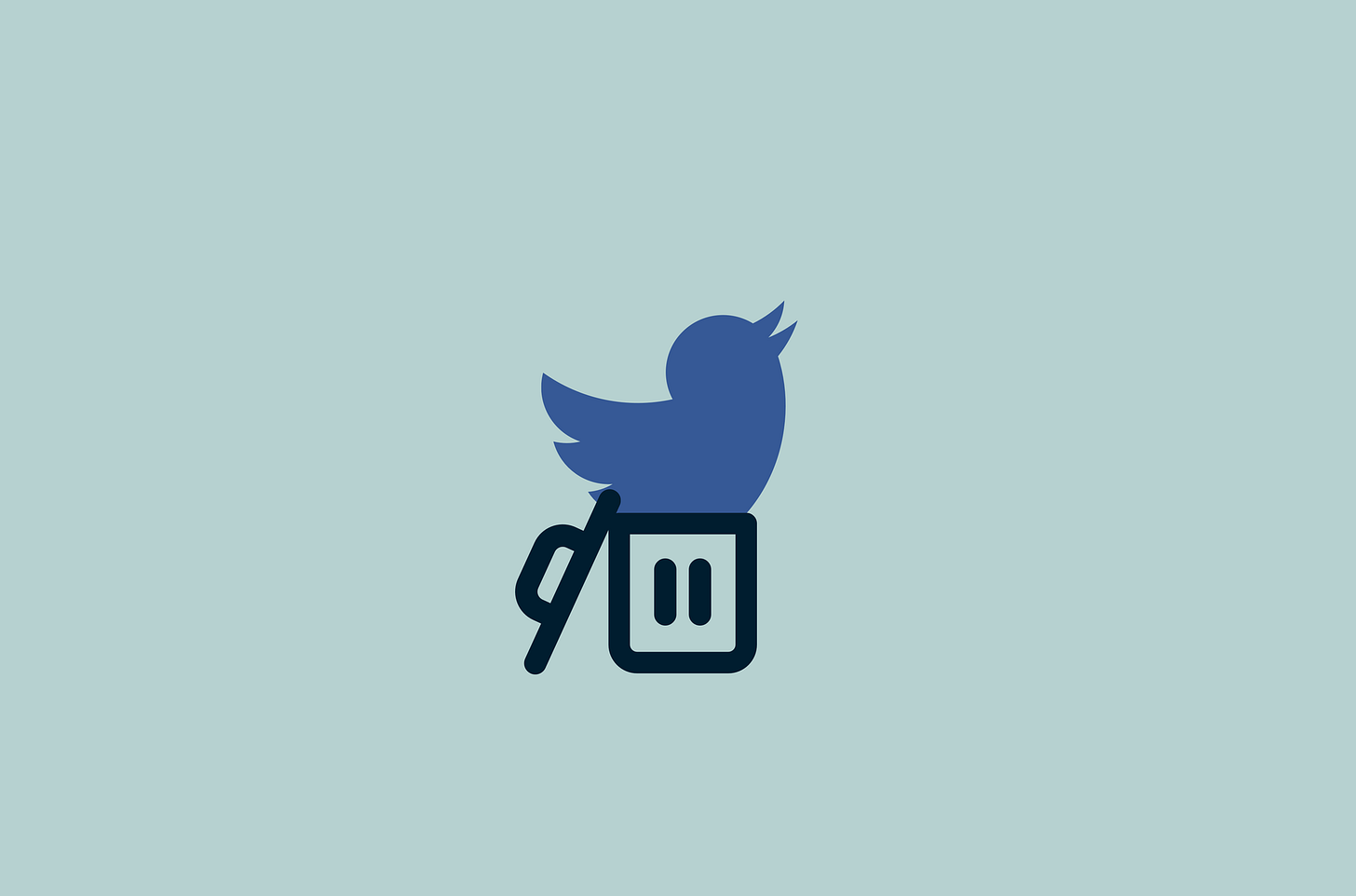Why I Quit Twitter
On Wednesday I deactivated my twitter account.
I started using twitter roughly 12 years ago, but it wasn’t until around 2016 that it became my primary social media vehicle after a decade of blogging. In the early years it was an extension of my blogging and commitment to sharing my passion for the Civil War era and history education with as broad an audience as possible. I gradually accumulated followers and in 2019 twitter verified my account with the little blue check mark.
Twitter is a powerful platform and to a certain extent I believe I can claim that I was successful in utilizing it to educate my readers and advance my own professional interests. This was the case right up to the moment when I decided to deactivate my acccount on Wednesday, but it has become increasingly clear that there was a price to be paid for this success.
For me, that price was addiction.
I was already spending an increased amount of time on twitter before 2020, but the pandemic pushed me over the edge. It wasn’t just that I was spending more and more time on twitter, but that the platform itself had become a much darker and unhealthy place to be. How could it not, between the Trump presidency, COVID, and the Jan. 6 insurrection?
Though I had maintained my focus on tweeting content related to Civil War memory and history education on twitter throughout this period, I found myself commenting increasingly on a host of other subjects that had little to do with these interests.
The little blue checkmark attracted a lot more attention to my tweets, which helped to encourage the illusion that I somehow mattered and had an obligation to speak out and be seen. [I’ve said many times that applying for the verified status was the stupidest thing I could have done on twitter.] With each day twitter became less and less an enjoyable experience, but I couldn’t find a way to escape the cycle.
We all know that twitter was designed to be addictive. It encourages negativity and content that will earn likes and retweets all in the hope that a tweet will go viral and put you on the map.
One of the things that I’ve always enjoyed about social media is the opportunity to interact with some incredibly talented historians. However, it saddened me to increasingly see people that I respect engage in petty disputes and insults with one another. Admittedly, I have not always behaved appropriately on twitter and I apologize to anyone I may have upset or insulted.
But I didn’t really have a grasp of just how much psychological damage this platform had caused until I began to seriously consider leaving back in January. Would I become irrelevant? Would people still read my content on other platforms? Would people still invite me to help out with history education workshops and invite me to speak with their students?
In short, my fear was that if I left twitter I would become invisible.
It is still my fear.
I am taking it one day at a time. This morning I found myself trying to share a NYT’s article on twitter.
I have a lot of time to make up and a lot of research and writing to complete, including a book project that is woefully behind schedule.
One of the toughest parts of leaving twitter is the feeling that I’ve abandoned tens of thousands of people, but of course, that’s not true either.
I am right here. If you are not already subscribed, I hope you will do so and continue this journey with me.
Thanks for reading.



I came across your work through reading other books. I was very happy to find and follow you on twitter (which I primarily use for reading on topics I care about rather than posting), and then when you started this newsletter - rejoice! Twitter can be a useful medium, but for me personally, its longer works, like your entries on your newsletter, or your books(!) where your best work would occur. I'm a happy subscriber, and I always look forward to seeing your updates in my inbox and then checking them out for a well-thought-out, evidenced reflection on an important issue (something Twitter is not great for). I look forward to more of your entries here and learning more about history and its relevance to understanding today, and hopefully more about evaluating primary sources. Keep 'em coming!
Do you miss it a year or so on